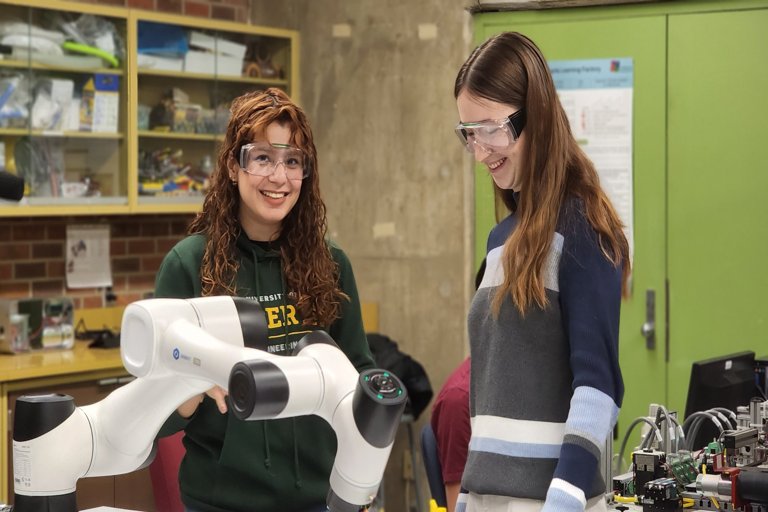University of Alberta Launches Smart City Lab
Students and researchers are tackling urban challenges through new smart infrastructure projects supported by city planners.

The University of Alberta has unveiled a new Smart City Lab that aims to make Edmonton a testing ground for next-generation urban infrastructure. Located in a renovated wing of the Donadeo Innovation Centre for Engineering, the lab will bring together students, researchers, and city officials to design and prototype data-driven solutions to real-world urban challenges.
The lab features modular workstations, sensor-equipped mock environments, and high-capacity computing hardware capable of simulating traffic flows, waste systems, and energy grids. Students from civil engineering, computer science, and environmental studies are already collaborating on a pilot project to optimize snow-clearing routes using historical weather data and real-time GPS feeds.
City of Edmonton officials are actively involved, offering access to municipal datasets and posing challenges the lab can help solve. 'It’s a win-win,' said Smart Mobility Coordinator Elena Miles. 'Students get practical experience, and we get fresh ideas and research-backed tools.'
One of the lab’s first public-facing successes is an interactive dashboard showing carbon emissions by neighborhood, updated daily using data from local sensors. It has already sparked discussions among community associations and inspired three school-led sustainability projects.
Faculty advisor Dr. Harsh Mehta said the lab’s purpose is not to sell gadgets but to help cities evolve responsibly. 'Smart doesn’t mean shiny and new,' he noted. 'It means sustainable, equitable, and responsive to community needs.'
The lab also addresses concerns around data ethics and privacy. Every project is reviewed by an interdisciplinary panel that includes members from Indigenous communities, legal scholars, and accessibility advocates. 'Technology must be inclusive,' said graduate student coordinator Fatima Javed.
With funding from both the university and Alberta Innovates, the lab will operate on a five-year runway with the possibility of becoming a permanent interdisciplinary center. Future plans include partnerships with Telus, EPCOR, and the Edmonton Public School Board.
The lab is also supporting a capstone project to develop a multilingual app that informs residents about upcoming road work and transit changes based on their neighborhood and mobility preferences. The app is currently in beta and expected to launch by the end of the year.
Visitors to the lab can explore rotating exhibits that showcase student prototypes, from sensor-enabled park benches to AI-assisted waste sorting systems. Public tours are held monthly, and virtual sessions are available for schools across Alberta.
By merging civic problems with academic creativity, the University of Alberta’s Smart City Lab is not just building tools — it’s shaping a new way of thinking about what makes a city smart, and who gets to decide.